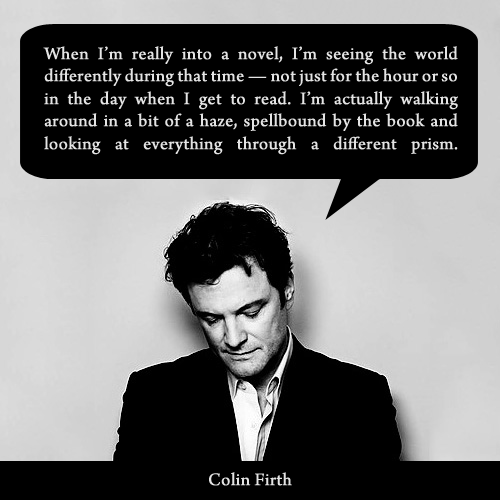I'd like to take advantage of this week's blog to respond to some quotes from the articles regarding the "dumbest generation". Let's not waste any time!
"Adults are so busy imagining the ways that technology can improve classroom learning or improve the public debate that they've blinded themselves to the collective dumbing down that is actually taking place. The kids are using their technological advantage to immerse themselves in a trivial, solipsistic, distracting online world at the expense of more enriching activities – like opening a book or writing complete sentences." (Bauerlein 1)
 I suppose my best answer to this is that there is a population of students who do not use technology and the internet to enrich themselves. I would argue that, on the whole, technology is essential for optimum enrichment. My computer enables me to read essentially any news media I choose and I can even supplement it with video footage. No cable bill necessary!
I suppose my best answer to this is that there is a population of students who do not use technology and the internet to enrich themselves. I would argue that, on the whole, technology is essential for optimum enrichment. My computer enables me to read essentially any news media I choose and I can even supplement it with video footage. No cable bill necessary! My Nook allows me to purchase novels and textbooks for my classes [as an English major, this is a lot of books] at a less expensive price AND it's environmentally friendly (less paper!). Beyond all of that, my Nook has WiFi capabilities that, among other things, allow me to look up any word that I do not understand.
Perhaps this is not what Bauerlein was referring to, though. Maybe he was talking about all of the online gaming that occurs among students. I would venture to say that gaming is incredibly enriching as well. Students learn valuable skills such as teamwork through these games.
"...and like parents appalled that their AP-amassing darling doesn't know Chaucer from Chopin" (Begley and Interlandi)
First of all, my parents don't know Shakespeare from J.K. Rowling...they're definitely not going to know the difference between Chaucer and Chopin. I didn't know either of those two authors in high school either because my high school essentially teaches the same four line ups of books for 9th-12th grades. I doubt they would teach something like The Awakening as it's ending is a little risky.
 |
| Literature, News, and Education! |
"If you are perusing this on the Internet, the big block of text below probably seems daunting, maybe even boring. Who has the time? Besides, one of your Facebook friends might have just posted a status update!" (Drutman)
Drutman is absolutely right! What student has the time to read the news or read a book for pleasure? I know that because I work three jobs and take five classes, I don't! It's a good thing my Facebook gives me news blurbs. You can see them in the red boxes below. This enables me to keep up with my friends, family, and the news! He does make a decent point though, Facebook CAN be distracting. It's a good thing I have dual monitors.... Facebook on one and homework on the other! Actually, I'm just kidding....as you can see from the two screen-shots below, I have articles for this class opened in the tabs. Blogger is on one screen and the articles are on the other. This technology thing is kind of nice!
 |
| Politics and History! |
"...America's youth know virtually nothing about history and politics. And no wonder. They have developed a 'brazen disregard of books and reading'." [not sure which article I pulled this quote from, sorry!]
I'll just refer this quote back to the Facebook screen-shots. Though, I guess I should add that as the vice president of Shippensburg College Democrats, I'd like to think many students are still knowledgeable about politics. We, as a club, hold events quite frequently. For instance, last year we created a petition protesting PA Governor Corbett and his proposed budget. Specifically, the budget cuts to PHEAA and Education. Beyond that, I spoke at an APSCUF event which was attended by students, professors, and community members. I suppose what I'm trying to get at here is that students do know things regarding history and politics....some of them are even active! [Here's where I push Dems --> Come out to Grove Forum next Thursday [11/3/11] for Sex, Drugs, and Politics. It starts at 6:30pm, it is hosted by SHIP College Dems, and 5 professors will be speaking on the aforementioned three topics!] I also cannot resist commenting on the 'brazen disregard of books and reading' part.... I would agree with this. I too have a 'brazen disregard of books a reading'. I mean, have you seen the choices in history and politics? No? Check out Lady Palin up there ^.





